Summer is just around the corner, and now is the perfect time to prepare your air conditioning system for the heat ahead. Many homeowners don't realize that AC coil cleaning can significantly optimize cooling efficiency and reduce energy costs.
We've seen many cases where neglected AC maintenance leads to poor cooling performance just when you need it most. Dirt and debris build up on your coils over time, creating a layer of insulation that prevents proper heat transfer.
This forces your system to work harder and run longer to achieve the same cooling effect, wasting energy and putting strain on components.
Cleaning your AC coils before summer not only ensures better comfort but also protects your wallet. A clean system uses less electricity and is less likely to need expensive emergency repairs during peak season.
Plus, removing contaminants from the coils and drain pan helps prevent mold growth and improves indoor air quality throughout your home.
In this article, we’ll show you how regular HVAC coil maintenance helps improve cooling, reduce costs, and protect your system before the summer heat arrives.
Here's what you need to know:
- Why AC coil cleaning is essential before summer begins
- How AC coil cleaning improves air quality, efficiency, and costs
- AC coil cleaning methods: DIY vs professional maintenance
- What happens if you skip AC coil cleaning
Let's dive in!
Why AC coil cleaning is essential before summer begins
Clean AC coils are essential for your cooling system to work efficiently during hot summer months. Regular maintenance of these components can save you money and prevent unexpected breakdowns when you need your AC the most.
How a dirty evaporator coil affects AC performance
Dirty AC coils significantly reduce your system's efficiency. When dust and debris build up on evaporator or condenser coils, your air conditioner must work harder to transfer heat.
According to the U.S. Department of Energy, a dirty air conditioning coil can increase energy consumption by up to 30% as your system struggles to maintain cooling. This extra strain not only raises your utility bills but can also shorten the lifespan of your HVAC equipment.
The cooling capacity also decreases noticeably. A system with dirty coils may run continuously without reaching your desired temperature. This extended runtime accelerates wear on critical components.
We often see dirty coils leading to frozen evaporator units. This happens because reduced airflow disrupts the heat exchange process, creating ice buildup that can damage your system.
Most importantly, neglected coils shorten your air conditioner's lifespan. What might have been a 15-year investment could fail in just 8-10 years without proper maintenance.
Warning signs your AC coils are dirty and need cleaning
Increasing energy bills are a primary indicator that your coils need attention. If you notice your cooling costs climbing compared to previous summers, dirty coils may be the culprit.
Reduced cooling performance is another clear sign. When your AC runs constantly but your home still feels uncomfortably warm, dirty coils are likely restricting proper heat transfer.
Unusual noises during operation often signal problems. A system struggling against dirty coils may produce grinding, hissing, or banging sounds that weren't present before.
Water leaks around your indoor unit can indicate frozen evaporator coils that have thawed. This occurs when dirt prevents proper heat absorption, causing condensation to freeze.
Unpleasant odors coming from vents often stem from mold or bacteria growing on dirty coils. This not only affects comfort but can impact indoor air quality as well.
How AC coil cleaning improves air quality, efficiency, and costs
Clean AC coils deliver significant advantages beyond just cooler air. They directly impact your health, wallet, and the longevity of your expensive equipment.
How clean coils help protect your indoor air quality
Dirty AC coils become breeding grounds for mold, bacteria, and other allergens. When air passes over contaminated coils, these particles get distributed throughout your home. This can trigger allergies, respiratory issues, and other health problems.
Regular coil cleaning removes these contaminants before they enter your living space. We've seen many cases where homeowners experience fewer allergy symptoms after a thorough coil cleaning.
Clean coils also prevent that musty smell that sometimes comes from air conditioning units. This odor often indicates mold growth, which poses health risks to everyone in your home.
For families with asthma or allergy sufferers, clean coils are especially important for maintaining healthy indoor air quality year-round.
How AC coil cleaning reduces energy bills in summer
Dirty coils force your AC system to work harder to achieve the same cooling effect. This directly translates to higher energy bills - sometimes 20-30% higher during peak summer months.
When dirt accumulates on coils, it acts as an insulator, preventing efficient heat transfer. Your system runs longer cycles and uses more electricity trying to cool your home.
After cleaning, most homeowners notice:
- Lower monthly utility bills
- Shorter AC running times
- More consistent cooling throughout the home
- Quicker cooling response
These efficiency improvements typically pay for the cleaning service several times over during a single summer season.
Why HVAC coil maintenance helps your system last longer
An air conditioner is a major investment, and dirty coils significantly shorten its operational life. The extra strain from running with dirty coils leads to:
- Premature component failure
- Compressor overheating
- Excessive wear on fans and motors
- More frequent repair needs
Clean coils allow your system to operate as designed, reducing the workload on critical components. This prevents breakdowns during the hottest days when you need cooling most.
Regular coil maintenance can extend your HVAC system's life by 3-5 years or more. This saves thousands in replacement costs and ensures reliable performance when you need it most.
AC coil cleaning methods: DIY vs professional maintenance
Cleaning your AC coils requires the right approach to ensure efficiency and longevity of your system. Proper cleaning techniques can make a significant difference in how well your air conditioner performs during the summer months.
Should you clean your AC coils yourself or hire a pro?
Homeowners face a choice when it comes to AC coil cleaning: handle it themselves or hire professionals. DIY cleaning is cost-effective and can be done with household items like mild detergents, soft brushes, and coil cleaners available at hardware stores.
However, professional services offer deeper cleaning with specialized tools and expertise. Technicians can access hard-to-reach areas and identify potential problems before they become major issues.
We recommend DIY cleaning for light maintenance between professional visits. For older units or those with visible dirt buildup, professional cleaning is often worth the investment. Most HVAC companies offer coil cleaning as part of their air conditioning service packages.
When choosing between DIY and professional cleaning, consider your comfort level with home maintenance and the age and condition of your system.
Seasonal HVAC maintenance and its impact on coil health
Regular AC tune-ups play a crucial role in system performance. We suggest scheduling professional maintenance at least once a year, ideally in spring before summer demands increase.
Seasonal tune-ups typically include comprehensive coil cleaning along with other checks. These visits help identify worn parts, refrigerant leaks, and electrical issues before they cause breakdowns.
A proper tune-up often includes:
- Complete inspection of both evaporator and condenser coils
- Cleaning of all coil surfaces
- Check of refrigerant levels
- Inspection of electrical connections
Many HVAC companies offer maintenance plans that include seasonal tune-ups at discounted rates. These plans often provide priority scheduling during busy seasons when service calls increase.
Regular maintenance extends system life and can reduce energy costs by up to 15%.
Other HVAC maintenance tasks that boost coil efficiency
Beyond coil cleaning, air filters and vents require regular attention for optimal system performance. Air filters should be checked monthly and replaced every 1-3 months depending on usage and environmental factors.
Dirty filters restrict airflow, forcing your system to work harder and potentially damaging components over time. This extra strain leads to higher energy bills and reduced cooling capacity.
Air vent cleaning is equally important. Dust and debris in vents can:
- Reduce airflow efficiency
- Distribute allergens throughout your home
- Create uneven cooling in different rooms
We recommend vacuuming vents regularly with a brush attachment. For deeper cleaning, remove vent covers and clean with mild soap and water.
Don't forget return air vents, which are often larger and collect more dust. Professional duct cleaning every 3-5 years complements these efforts by addressing buildup throughout the entire system.
What happens if you skip AC coil cleaning
Dirty AC coils can lead to several serious problems that affect both performance and longevity of your cooling system. When regular maintenance is skipped, the consequences can hit both your comfort and wallet.
How dust on your AC coils leads to costly damage
Dust accumulation on AC coils creates an insulating layer that prevents proper heat transfer. This forces your air conditioner to work harder and run longer cycles to achieve the same cooling effect.
Beyond efficiency loss, the added workload puts excessive stress on vital components like the compressor and fan motor. These parts wear out faster when operating under strain, leading to premature system failure.
We often see overheating issues in neglected units. When coils can't effectively transfer heat, the system temperature rises to dangerous levels. This can trigger emergency shutdowns or damage internal components that require costly repairs.
Dirty coils and refrigerant problems: what to know
Dirty condenser coils interfere with proper refrigerant pressure and temperature regulation. When heat can't efficiently dissipate through clogged coils, refrigerant can't properly condense, disrupting the entire cooling cycle.
This imbalance strains the compressor as it works harder to maintain proper refrigerant flow. The compressor may eventually fail - one of the most expensive AC components to replace.
In severe cases, the refrigerant line pressure increases to dangerous levels. This can lead to refrigerant leaks through weakened connections or damaged components, requiring professional repairs and refrigerant recharging.
We've found that systems with clean coils maintain optimal refrigerant levels much longer, extending the interval between service calls and preventing unexpected breakdowns during peak summer heat.
Conclusion
Dirty AC coils reduce cooling efficiency, raise your energy bills, and put your system at risk of failure right when you need it most.
As we’ve seen, buildup on evaporator coils blocks heat transfer, forces your system to run longer, and leads to frozen parts, water leaks, and even compressor damage. Ignoring this maintenance also affects your indoor air quality, making your home less healthy and less comfortable.
By investing in AC coil cleaning, you improve airflow, lower cooling costs, and extend the life of your HVAC system by years. It’s not just about better performance, it’s about preventing costly repairs and protecting your home’s comfort through the entire summer.
Schedule your HVAC coil maintenance with us today. Our team handles everything, from inspection to deep cleaning, so your system runs strong all season long.

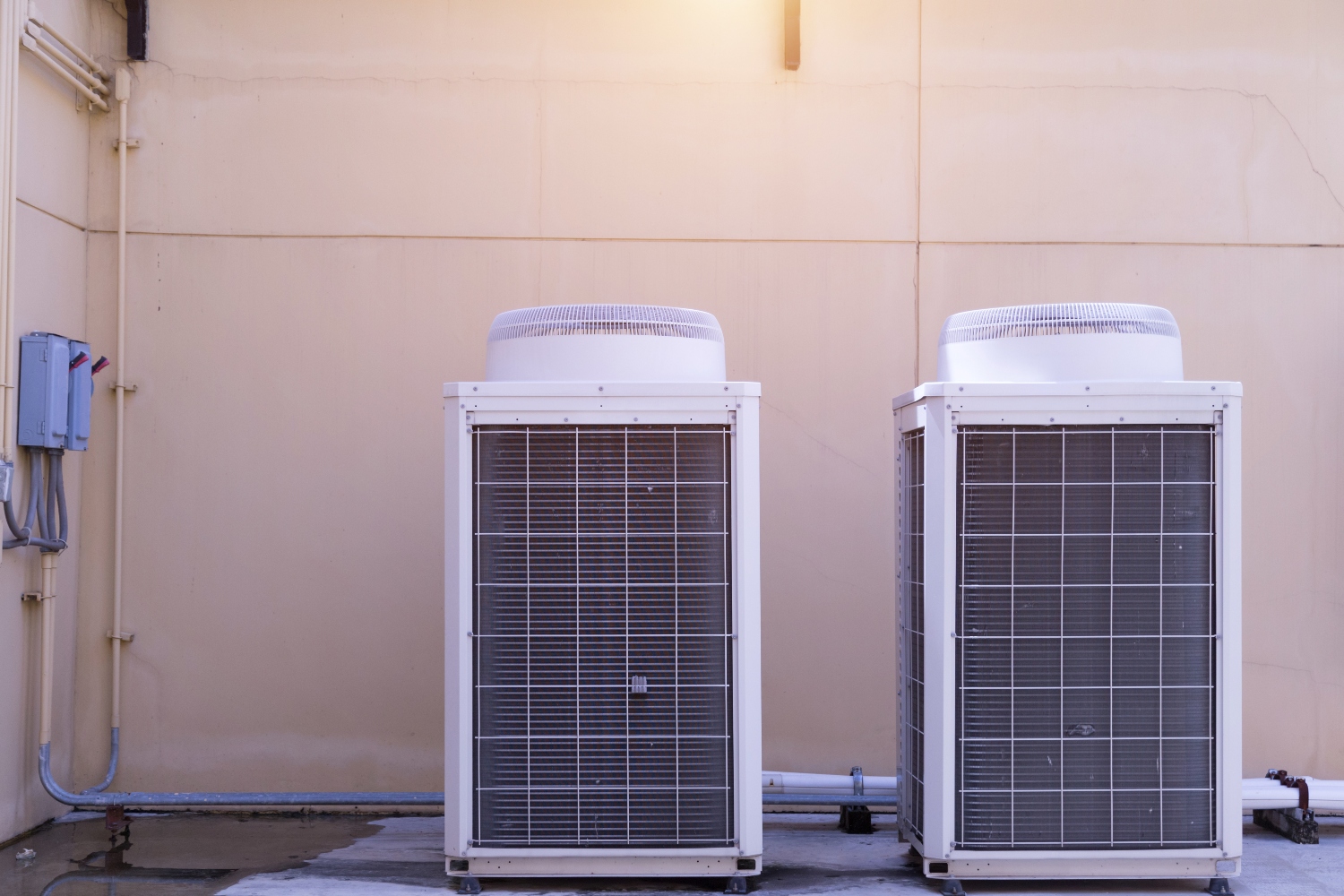
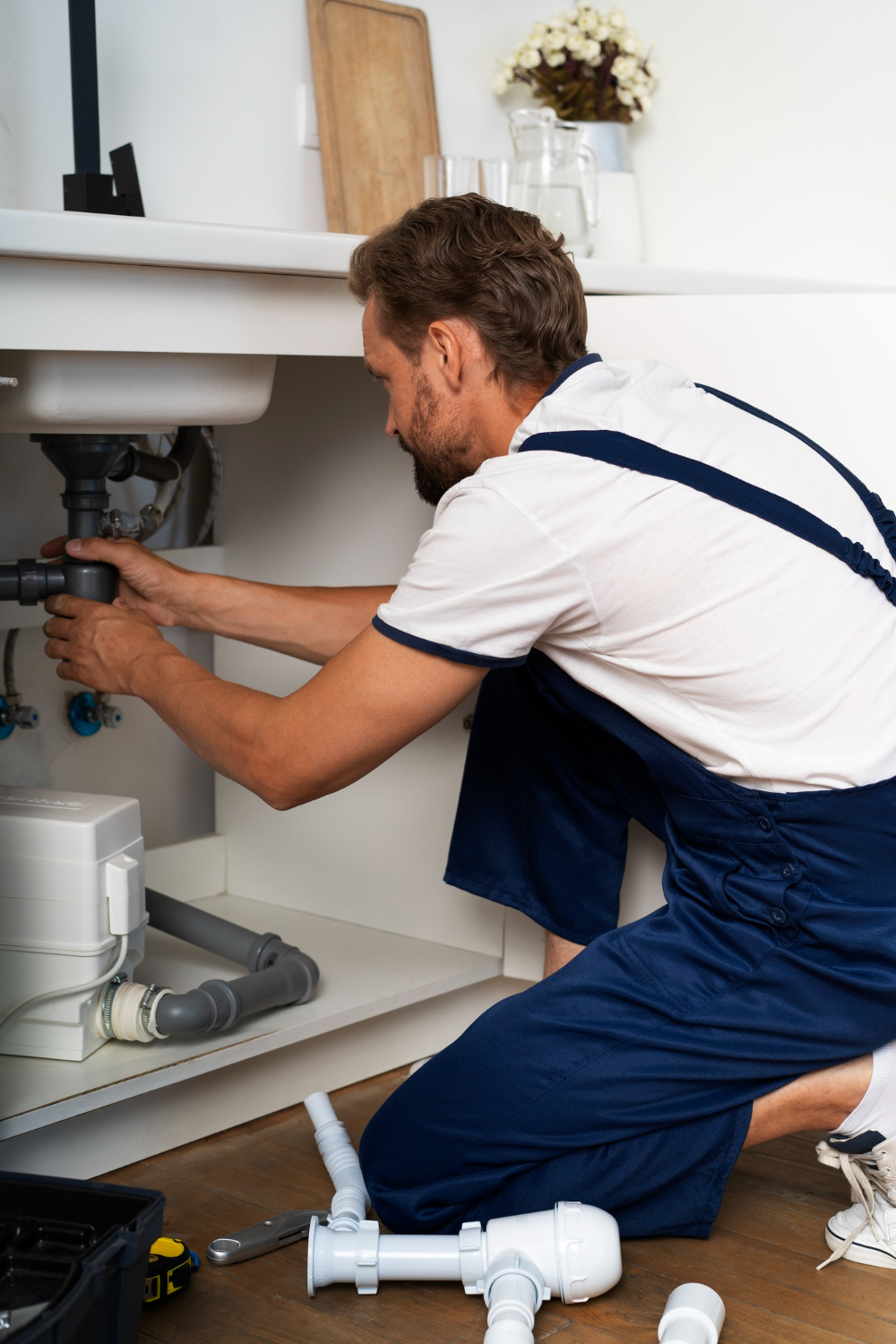
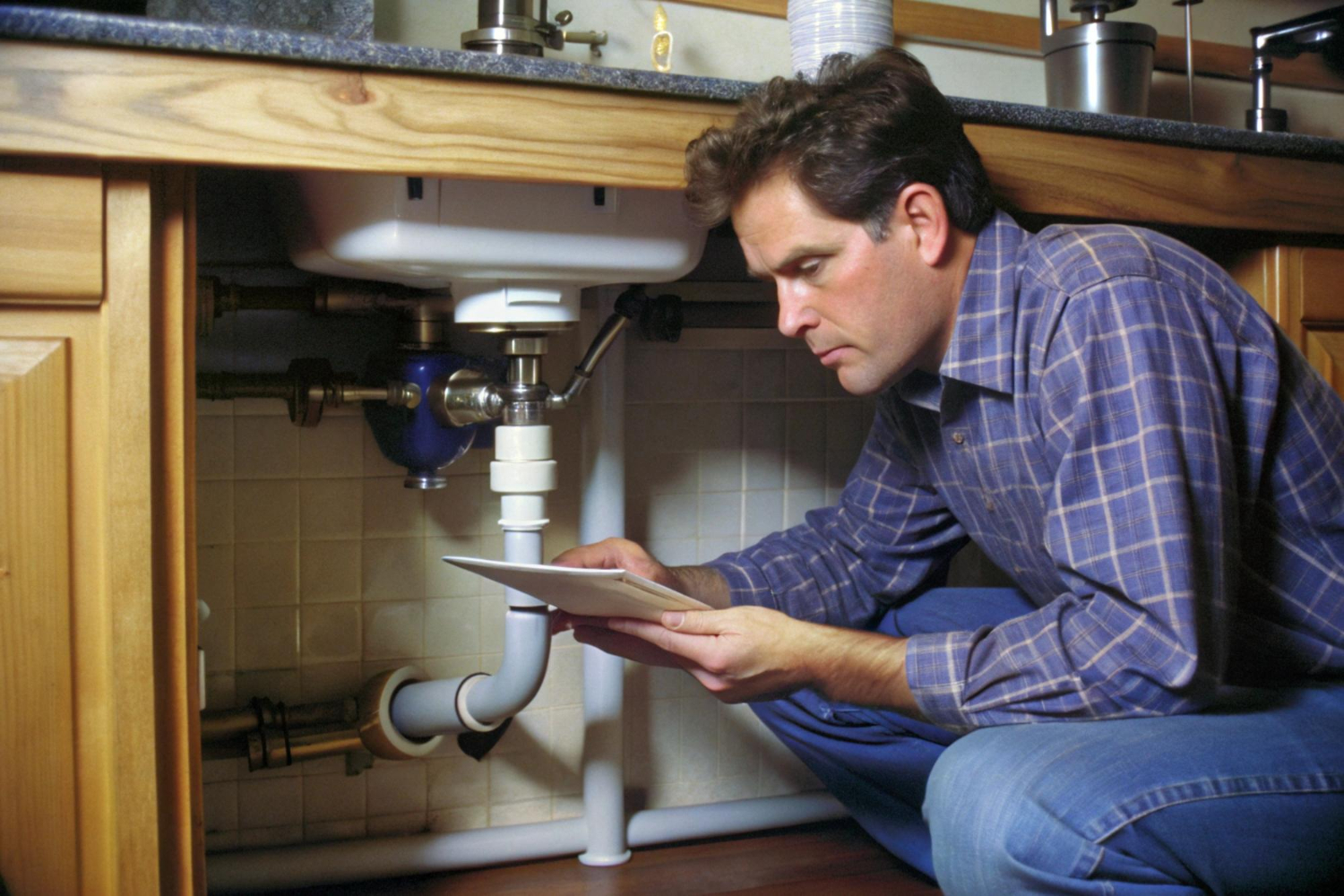
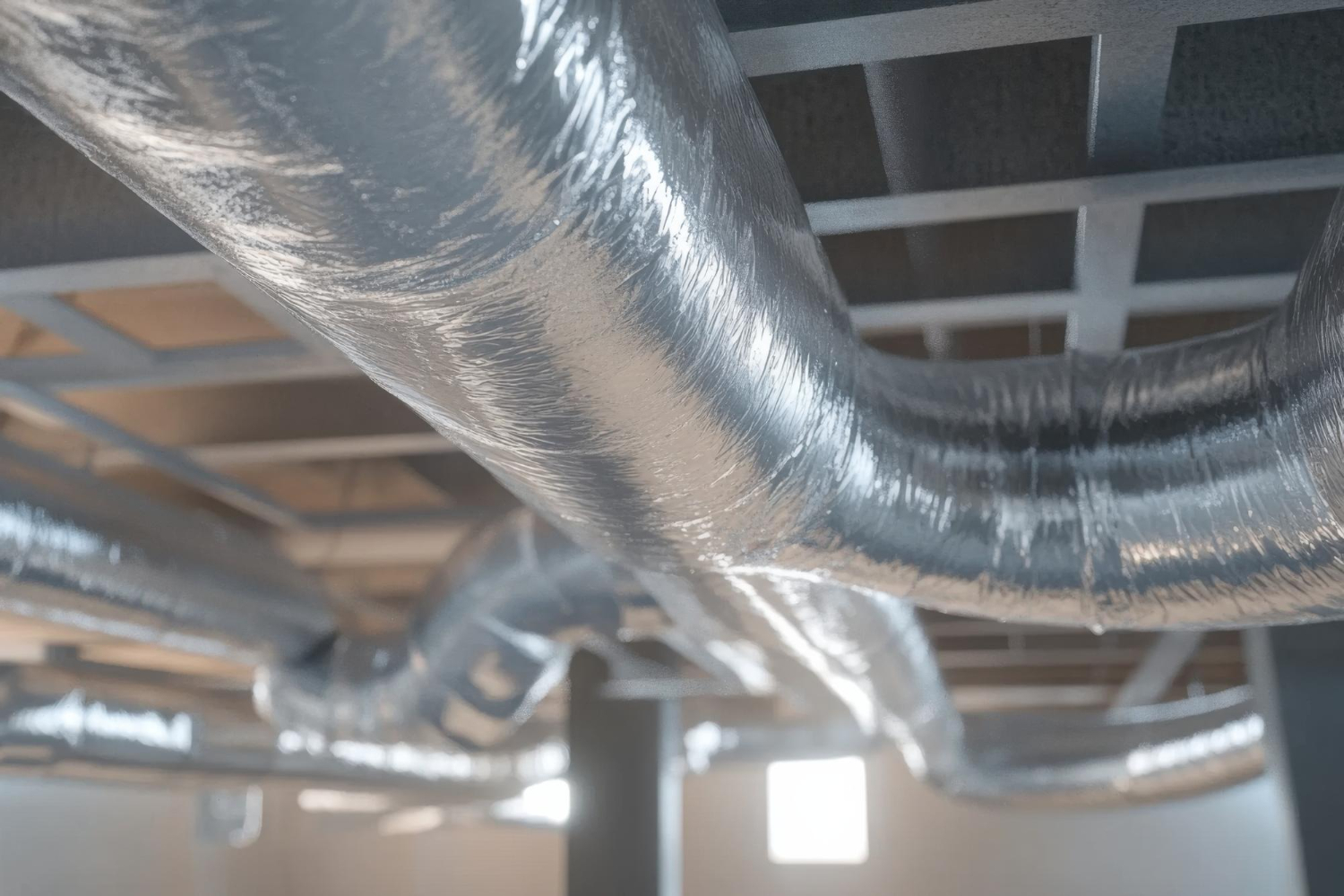
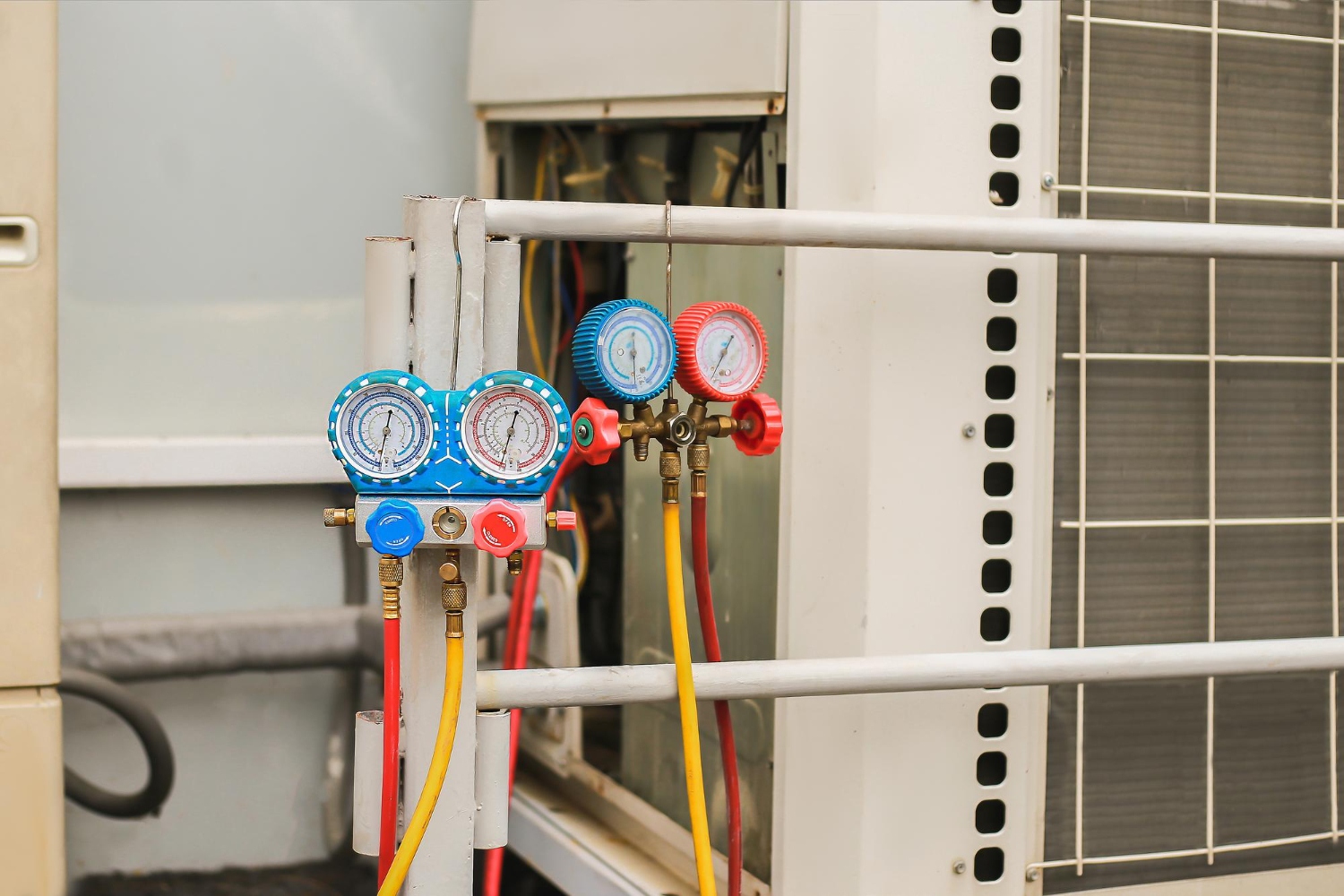
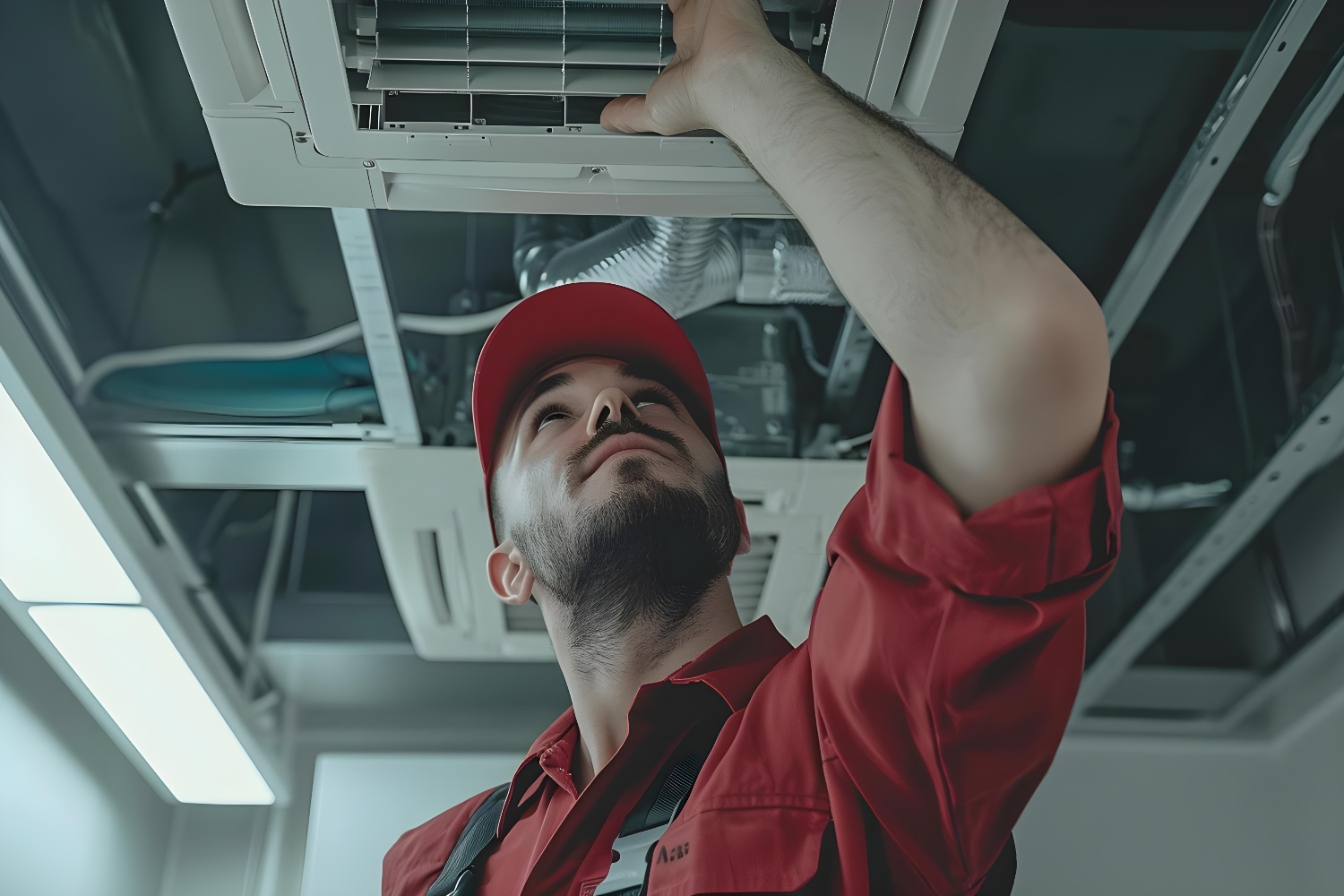
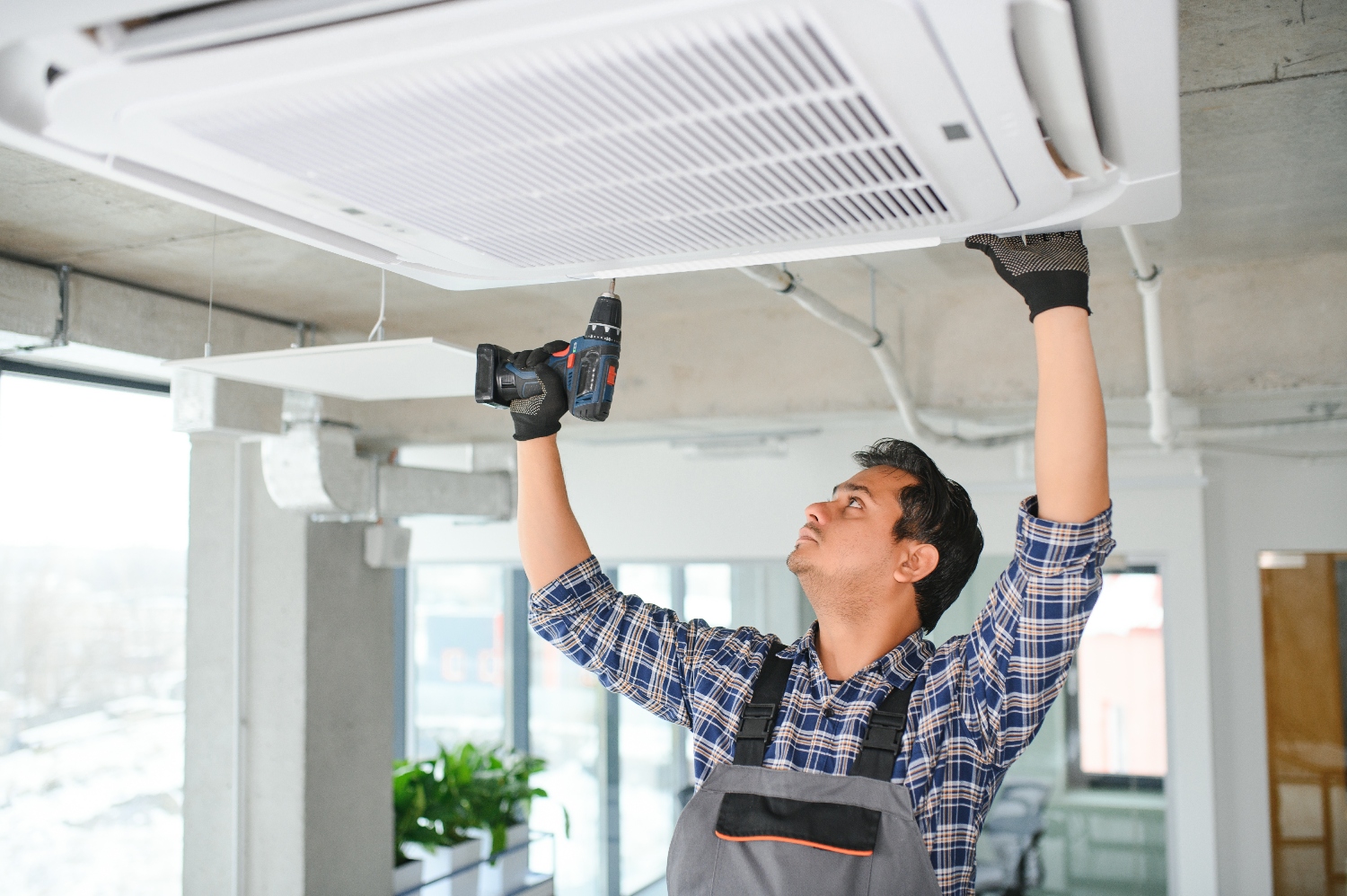
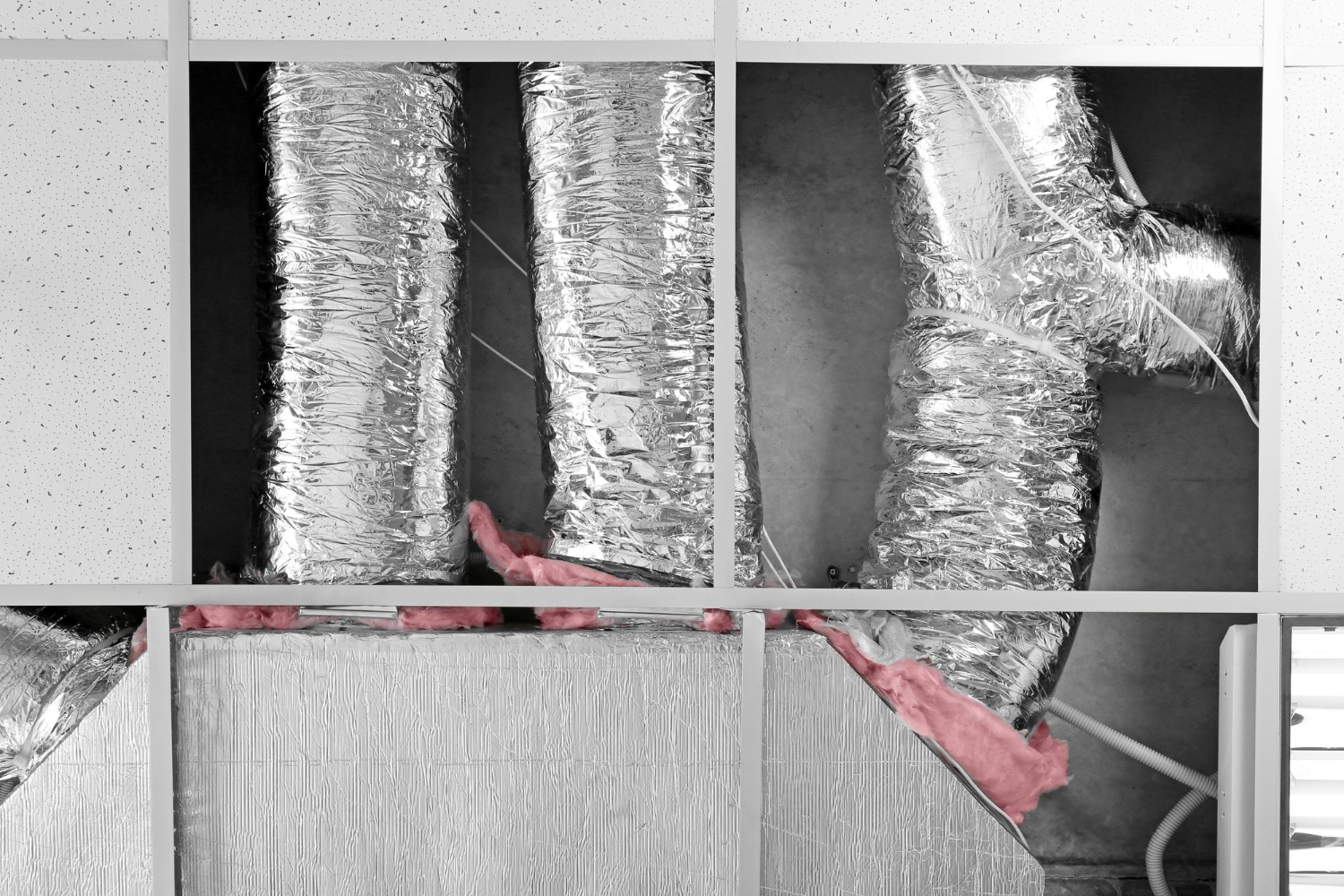































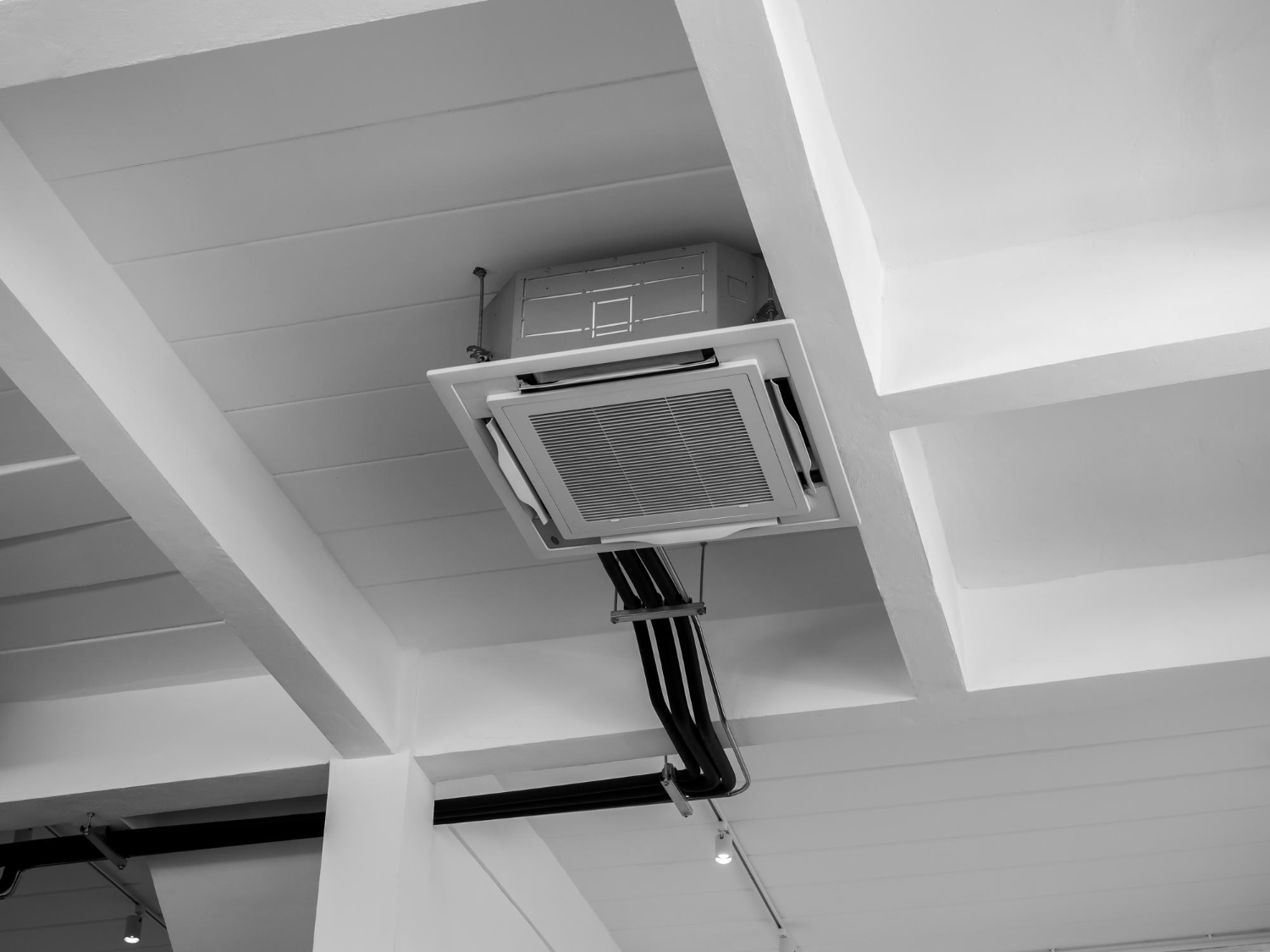




























.jpg)
.jpg)

.jpg)
.jpg)




















